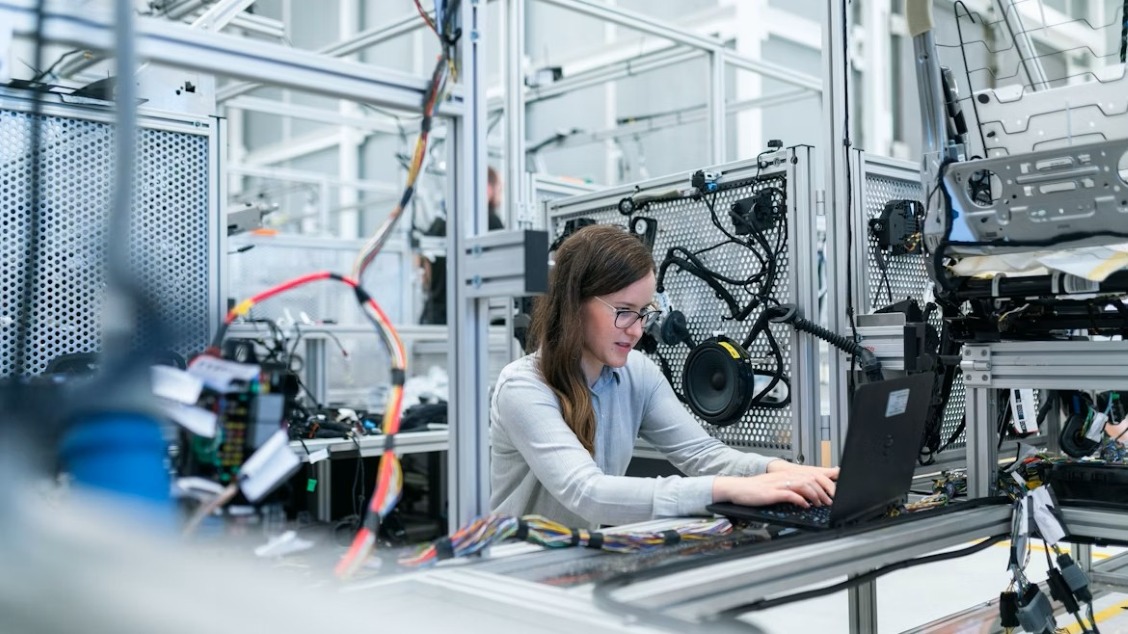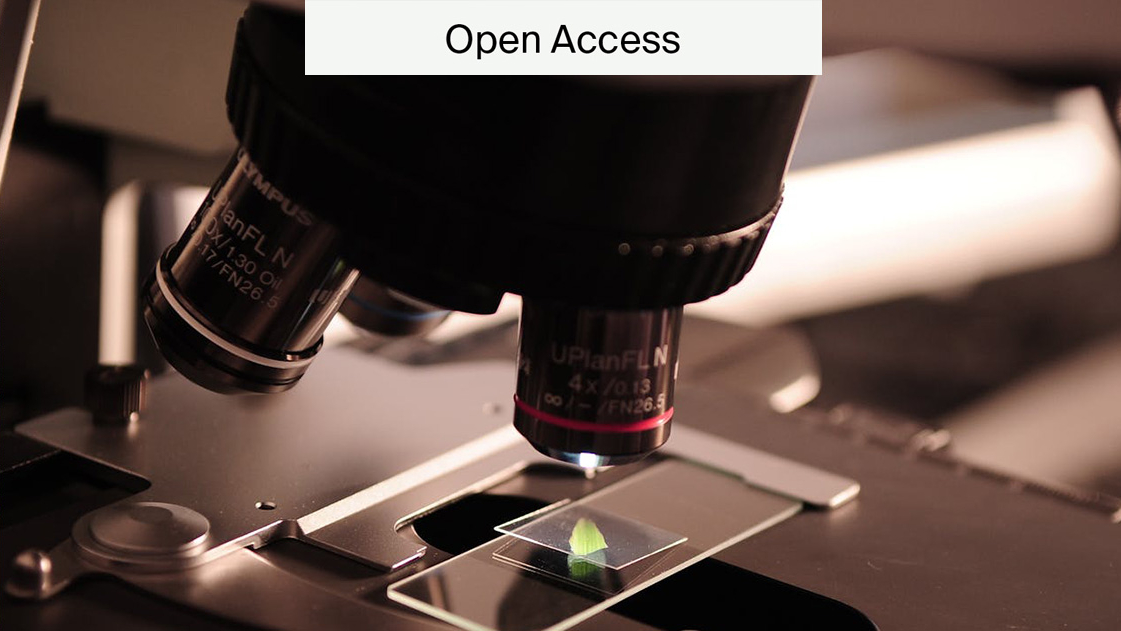
Celebrating Pioneering Women in Engineering
June 23rd marks the 7th International Women’s Day in Engineering (INWDE), with this year’s theme being ‘Together we Engineer’, focusing on collaboration.
Collaboration is an essential part of any type of scientific research. Communicating ideas and exchanging resources is crucial to yielding revolutionary ideas and scientific breakthroughs. This includes collaboration between both women and men, despite globally only 16.5% of engineers being women.
INWED is a platform dedicated to promoting women in engineering and aims to encourage and inspire girls who have a keen interest in working within the field. INWED also seeks to highlight female-led research in engineering and top female researchers who are carrying out excellent work across a wide variety of engineering subfields, inspiring other young females and researchers.
From the development of infrastructure to wastewater treatment and biomedical research, the field of engineering covers some of the most integral systems and developments to society and its advancement. In this article, we highlight top female researchers and some of the exciting research they do.
Highlighting women in engineering and their research
With this year’s INWED theme focusing on collaboration, MDPI invites top female researchers who have worked with MDPI to a webinar to present their research and take part in a round table discussion to share ideas and spark future collaborations.
Dr. Miriam Filippi – soft robotics bioengineering
Dr. Miriam Fillippi is a soft robotics bioengineer and a lecturer at the Department of Mechanical and Process Engineering at ETH Zurich. Her research focuses on complex tissue engineering models and the development of biohybrid robots.
Biohybrid robots involve the application of living tissue elements into robotic systems. For example, it involves developing tissues which have adaptable and regenerative abilities and incorporating them alongside synthetic materials.
Filippi is currently involved in 3D bioprinting muscle tendon units, developing neuromuscular units, and strategies of perfusion for the engineered muscle tissue. Perfusion is the critical process in which blood flows through muscle, efficiently delivering oxygen and nutrients and removing waste products. This process is essential to keep muscle tissue alive and functioning normally.
The bioengineering of soft robotics is revolutionary and can be highly useful in the field of medicine. It also seeks to advance the current structure of traditional robots, potentially allowing them to heal themselves and respond to stimuli as living organisms can.
However, there are still many challenges that remain, and much more research is required to understand how to maintain healthy living tissues in the context of synthetic systems. Young researchers such as Miriam Filippi contribute greatly to the field, with her continuous research on 3D muscle tissue constructs.
Filippi is also the 2024 winner of the Micromachines Young Investigator Award, an award dedicated to acknowledging the work and achievements of young researchers in the field of micro-/nano-scaled structures, materials, devices and systems related to micro- and nanotechnology.
Prof Dr. Dr. Athanasia K. Tolkou – environmental technology
Wastewater treatment is critical to environmental health and safety. Wastewater is polluted water from domestic and industrial spaces, which requires purification treatment for further use.
Research in this field focuses on developing more efficient and sustainable methods to improve wastewater treatment and, hence, public health. Biological and chemical treatment, and the use of artificial intelligence, are used to optimise current processes and are critical for their development.
Prof. Dr. Athanasia holds a PhD in Chemical and Environmental Technology from the University of Thessaloniki, Greece. She then went on to pursue post-doctoral research in wastewater management. Athanasia is currently an Assistant Professor at the University of Thessaloniki, where her current research focuses on industrial and hazardous wastewater treatment.
She is a Special Issue Editor of Advanced Technologies of Water and Wastewater Treatment in the Journal Environments. In addition, she is a Guest Editor of the Journal C, where she is also a Special Issues Editor of the Special Issue: Carbon-Based Materials Applied in Water and Wastewater Treatment
Prof. Dr. Sabina Merlo – microfluidics and optical engineering
Prof. Dr. Sabina Merlo is an Associate Editor of the journal Micromachines and Sensors and collection editor of the topical collection ‘Microfluidic Sensors’. She is a full professor at the University of Pavia, where she carries out research dedicated to microfluidic devices and optical engineering.
The field of microfluidics is a field of science and engineering devoted to the study and development of minuscule volumes of fluid moving through microchannel systems. The purpose of microfluidics is multifold. They can be used to generate chips for biological analyses, such as DNA pathogen or toxin analysis, etc., which would usually require entire laboratories.
These microfluidic chips are highly sustainable, cost-effective and useful as simplified systems for users, while being fast, efficient and sophisticated pieces of technology for application in medicine and biological research.
Furthermore, microfluidic technology has given rise to the development of organ-on-chip models. These models harness principles from microfluidic science and regenerative medicine to develop living organs made from real tissue. The organ-on-chip differs from traditional cell culture models by providing the tissue with an environment that more closely mimics the in vivo microenvironment.
Sabina’s current research focuses on the implementation of optical interferometry with microfluidic sensors and biosensors. Optical interferometry is a technique that uses imaging to sense and measure light within the system. This enables highly accurate analysis of flow rate and pressure changes, etc., providing detailed information on the functionality of the system.
Sabina is a co-author of over 150 publications and a member of multiple prominent societies within the field of sensors and photonics.
Women as pioneers in engineering
Although women are a minority compared to men in the field of engineering, their contribution to its advancement further emphasises the importance of their collaboration. MDPI recognises this and highlights the exciting and inspiring work led by women globally, encouraging young researchers and girls to pursue their interests in engineering and reach their full potential.
The first session of the webinar: Breaking Barriers as Rising Stars, will take place on the 23rd of June, 2025 at 11:00 CEST, where Dr. Fillippi, Prof. Dr. Tolkou and other inspiring female researchers will present and discuss their work. The second session will continue at 16:00 CEST, which will be led by Prof. Dr. Merlo.
To read more research on different types of engineering, you can access articles that are free to read immediately in MDPI’s Open Access journals, such as Environments, Micromachines, and Sensors. Alternatively, you can access the full journal list.










